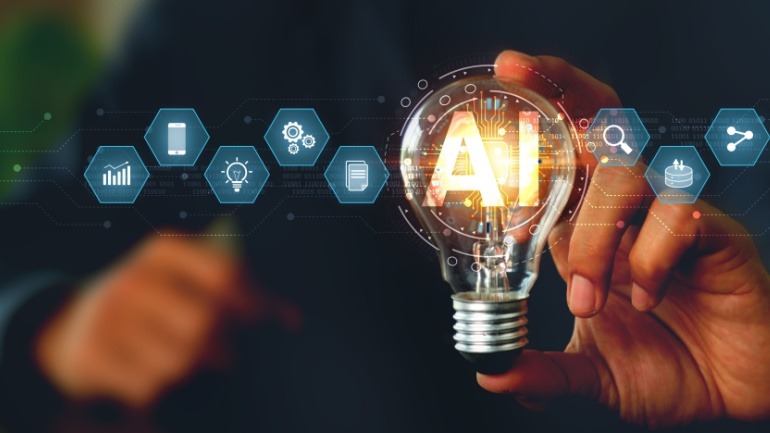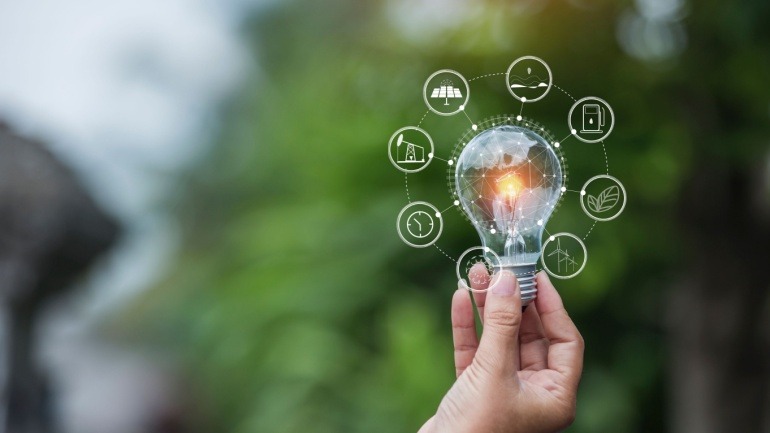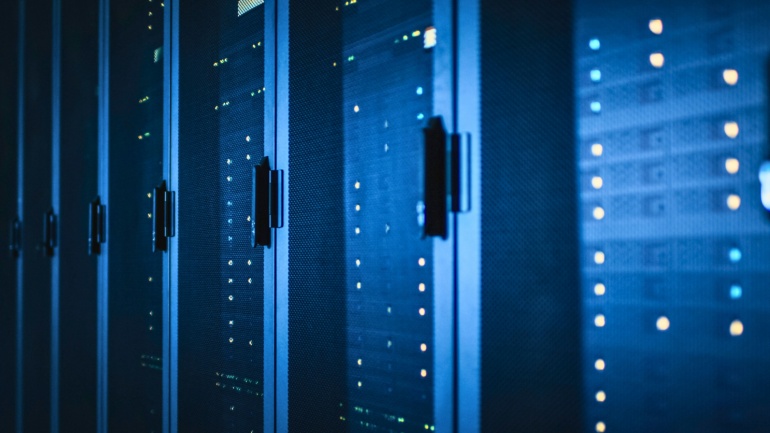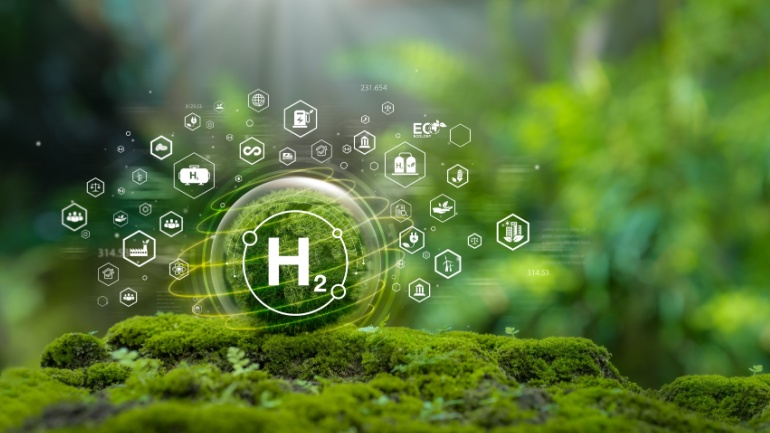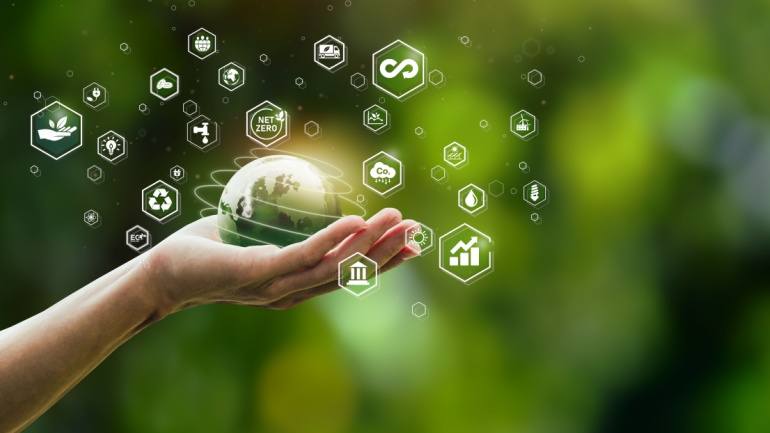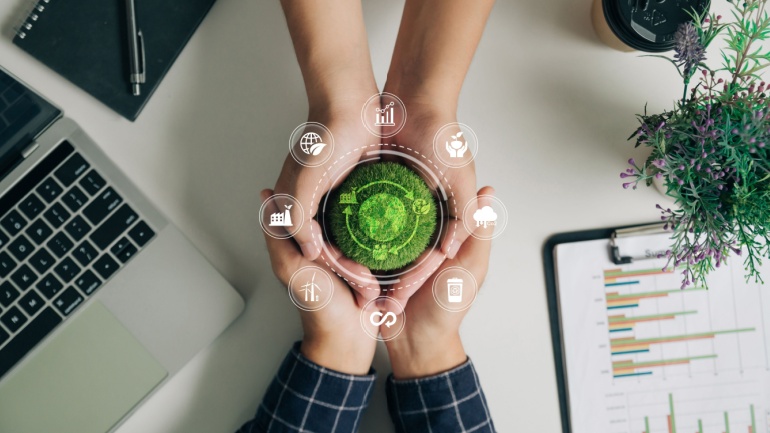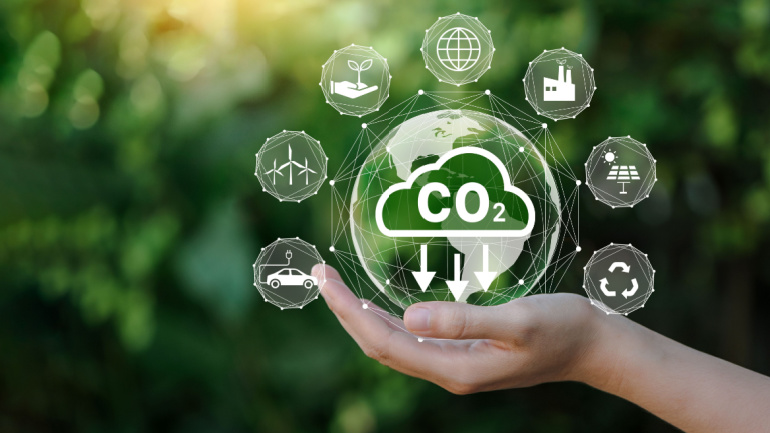Gartner predicts AI data centers may hit operational limits by 2027 due to power shortages, driven by surging AI and GenAI energy demands. As electricity needs rise, organizations must adapt by securing long-term power contracts and exploring efficient alternatives.
Airtel’s partnership with Nokia under the Green 5G initiative marks a significant stride in sustainable telecommunications. By integrating energy-efficient technologies, Airtel enhances its 4G and 5G radio networks, optimizing energy usage and reducing CO2 emissions.
Microsoft’s €4.3 billion investment in Italy is set to revolutionize cloud and AI infrastructure. This ambitious initiative aims to elevate Italy’s digital landscape, offering VoIP solutions that enhance connectivity and communication. By focusing on digital skills, Microsoft intends to transform Italy into a leading hub for digital innovation in the Mediterranean region.
Google’s plans to establish a large data centre in Dublin were recently thwarted by the South Dublin County Council, citing energy consumption and environmental impact concerns. The data centre, expected to operate by 2027, faced issues over the strain on the national power grid and insufficient on-site renewable energy, sparking a broader debate about sustainable digital growth.
Google’s new long-term agreement with Energix Renewables underscores the escalating importance of sustainable energy in tech advancements. By supplying 1.5 gigawatt-peak of solar projects by 2030, this partnership aligns with Google’s net-zero emissions goals, ensuring clean energy for their AI-driven data centers and marking a pivotal shift towards greener technology solutions.
NTT Docomo has initiated Japan’s first experimental demonstration of a self-powered hydropower cellular base station. This project, designed to showcase sustainable and low-cost connectivity solutions for rural areas, features a hydroelectric power-generation system utilizing a jet turbine developed by Professor Yukihiro Shimatani from the Prefectural University of Kumamoto.
BT joins forces with UK Business Climate Hub to empower small to medium UK businesses to slash their CO2e emissions in half by 2030. The strategic partnership aims to combat climate change, utilizing BT’s experience and UKBCH’s resources, ultimately championing for net-zero emissions by 2050. However, reaching these transformational green goals may prove challenging for many businesses, highlighting the necessity of this collaborative initiative.
CWCS, a well-established telecommunication company, is amplifying its services through the strategic acquisition of a new site in response to growing customer demands. With an elaborate suite of colocation and cloud services, the company continues to fortify its role as a trusted partner in data hosting.
In a significant move at the Mobile World Congress this year, Orange has taken a step further in its environmental initiatives by enhancing its partnership with Cisco. This collaboration is not new, as Orange Business has been distributing Cisco solutions for over two decades. However, the addition of a Memorandum of Understanding (MoU) brings a fresh focus on environmental transparency and the shared goal of reducing greenhouse gas emissions (GHGs).
The SubOptic Foundation’s latest report shines light on the sustainable potential of subsea telecommunications cables, often underrepresented in sustainability discussions. With a detailed coverage of sustainable practices, the report explores CO2 emissions tracking, renewable energy utilization, recycling strategies and more.



